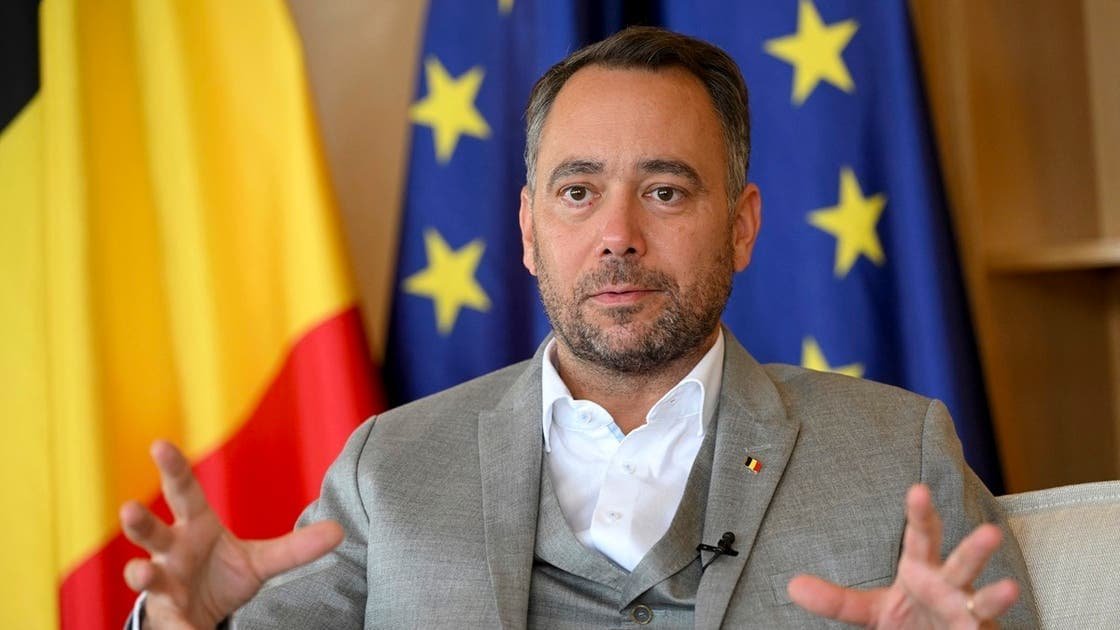In a stark rebuke to Brussels, Belgian Foreign Minister Maxime Prévot warned on September 5 that the European Union is failing to fulfill its moral and legal duties amid the humanitarian catastrophe unfolding in Gaza, declaring that the bloc’s credibility on foreign policy is “collapsing.” He lamented that the EU is “not living up to its responsibilities in this enormous humanitarian crisis,” particularly as violence intensifies and civilian suffering mounts.
Speaking from his Brussels office, Prévot detailed Belgium’s bold response: the country plans to unilaterally recognize the State of Palestine at this month’s U.N. General Assembly, coupled with sanctions targeting Israeli officials. These actions are intended “to send a strong political and diplomatic signal” to Prime Minister Benjamin Netanyahu and to uphold what Prévot described as both a moral obligation and a legal imperative to prevent genocide.
Belgium’s unilateral decisions come amid deep divisions in the EU. A July proposal by the European Commission to cut funding to Israeli start-ups remains stalled, lacking support from a majority of member states. Countries like Germany, Hungary, and Austria continue to resist sanctions or punitive measures against Israel—hindering any collective EU action.
Prévot made clear that Belgium cannot wait for consensus as the humanitarian situation worsens, asserting that there is a legal and ethical duty to act even if others falter. He emphasized that countries are bound by international conventions and treaties to take necessary measures to prevent genocide, positioning Belgium as a proactive defender of international law.
This criticism echoes growing foreign policy frustration. In Paris, European Commission Vice President Teresa Ribera has labeled Israel’s conduct in Gaza as genocide—the first high-ranking EU official to do so—while simultaneously condemning Europe’s failure to respond unitedly. At a separate EU-level discussion in Copenhagen, foreign ministers were split over the idea of sanctioning Israel. While nations like Ireland and Spain called for bold economic penalties, others, notably Germany and the Czech Republic, opposed any moves that might deepen confrontation.





